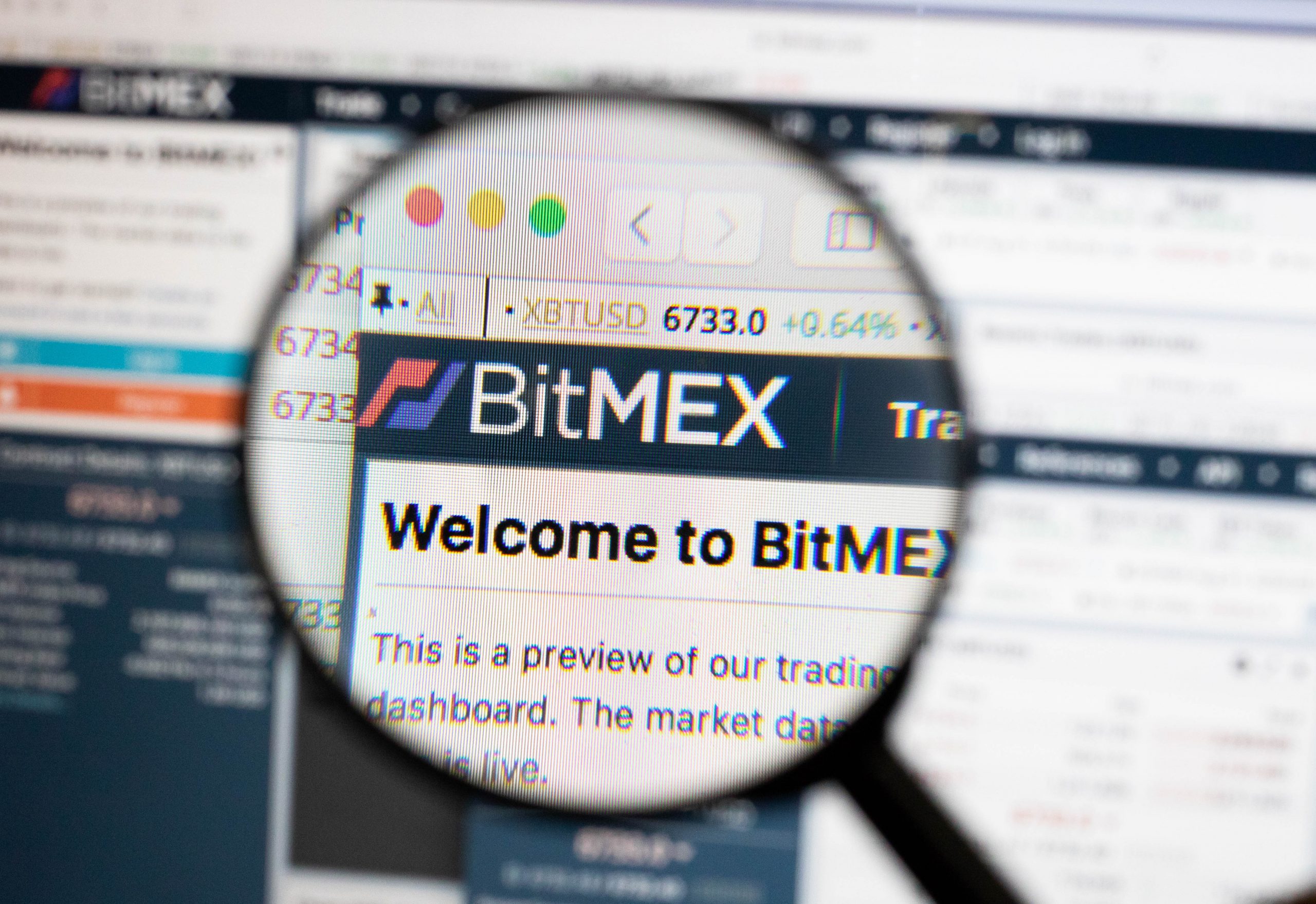Cryptocurrency – once thought of as a lucrative way to make quick cash has transformed into treacherous and illegal territory. Left unchecked, an unregulated market for cryptocurrencies will continue to be used by international criminals for money laundering and other illicit transactions. The recent charges against BitMEX, a leading cryptocurrency exchange, are cases in point as to why regulations are necessary.
BitMEX was established in 2014 as a currency exchange where cryptocurrencies such as Bitcoin can be bought and sold. Yet the company quickly came crashing down this year when the United States’ Commodity Futures Trading Commission (CFTC) and federal prosecutors brought criminal charges against BitMEX for serving as a haven for hackers’ illegal transactions.
While BitMEX is not the first cryptocurrency company to be suspected of facilitating criminal activity, it is the largest and most established platform to be charged – handling $1.5 billion in transactions each day as of late. Aruther Hayes, chief executive of BitMEX, as well as the company’s three co-owners – Benjamm Delo, Samuel Reed, and Gregory Dwyer – have all been indicted. In 2020, the company was informed by federal officials from the CFTC that the exchange was being used by hackers to launder stolen money as well as by those living in countries under sanctions to facilitate cash flows. BitMEX’s lack of basic identity checks made money laundering effortless for criminals. However, BitMEX took minimal, if any, steps to limit this activity. BitMEX’s failure to implement even the most basic of identity-verification measures has made it “a platform in the shadows of the financial markets,” thus damaging the reputation of the cryptocurrency industry.
According to US authorities, BitMEX’s actions are in direct violation of the Bank Secrecy Act (BSA). The BSA is US legislation aimed toward preventing criminals from using financial institutions to launder money. The legislation requires financial institutions to provide documentations to regulators whenever suspicious cash transactions amounting to over $10,000 are made. If a cash transaction above $10,000 is made but there is no reason for suspicion, the business still must file IRS Form 8300. Moreover, they have indicated that this case serves as a strong indication that the gray areas of the crypto sector will have to become more transparent. Per Anatoliy Knyazev, co-founder of investment firm Exante, “The BitMEX case has shown that crypto businesses must work according to the rules of the existing financial system, as far as the US is concerned.”
While it is apparent that the cryptocurrency industry needs immediate regulation, the question remains as to what the best course of action would look like. Cryptocurrencies have been around for the past 10 years, yet their regulations remain debatable. In the United States, various agencies have made attempts to regulate the different aspects of cryptocurrency. The Financial Crimes Enforcement Network, which analyzes transactions to flag financial crimes, does not consider it a legal tender. While the Internal Revenue Service views cryptocurrency as a property and has issued a tax guide, the Securities and Exchange Commission classifies certain forms of cryptocurrency as commodities. Immigration and Customs also plays a role in regulating and tracking unlicensed cryptographic activity. As a result of such regulatory incoherence, proper oversight of the cryptocurrency market remains elusive.
Thus far, the US has set the precedent for many European countries such as France and Germany when it comes to cryptocurrency regulation. It is therefore of paramount importance that the US leads by example and structurally reforms its cryptocurrency regulatory regime. How? First, the various agencies operating within the US federal system must come together to agree upon a single definition for cryptocurrencies. It cannot be considered a property by the Internal Revenue Service but a commodity by the Securities and Exchange Commission. Likewise, the regulations and oversight of cryptocurrency should also be consolidated within one unit, perhaps under the Financial Action Task Force. Furthermore, regulations should start with the simplest measures: baseline security and identification checks ought to be required of every cryptocurrency market with a license to operate. Many financial experts hope that the BitMEX case will motivate other cryptocurrency exchanges to establish these checks on their own before further intervention becomes unavoidable.
Regulating cryptocurrencies is sure to pose many challenges. Regulations will be difficult to enforce when cryptocurrency isn’t tied to a government. Additionally, with the Covid-19 pandemic, concerns regarding how in the future we will consider money have emerged. Many establishments have banned cash transactions. In fact, in March 2020 there was a bill submitted to the US Congress that proposed a digital dollar in response to the Covid-19 pandemic. However, the proposal quickly disappeared from the bill. Despite this, cryptocurrency will have a significant role to play in the future and it is here to stay. With the surge of contactless payment during the pandemic, cryptocurrency poses a solution to facilitate transactions. Additionally, with the rise of an economic recession, a digital dollar may help to alleviate some of the financial burdens Americans are currently facing. Furthermore, cryptocurrency allows for businesses to complete transactions with ease. Overall, there has been increasing interest in exploring the potential of cryptocurrency, solidifying its presence in conversations regarding how the future of transactions will look.
Regardless of the challenges that regulating cryptocurrency will pose, it is an urgent and necessary task to ensure the world’s global markets are free from illicit behavior. The US government must consolidate regulation regarding cryptocurrency under one agency and begin to require baseline security and identification checks. Such transformations are simple in essence, but will make lasting impacts on the way other currency exchanges conduct future business. Some of the simplest regulations may go the longest way in setting a precedent for the future of cryptocurrency and preventing future money laundering.
Photo: Image via Flickr (Marco Verch)
